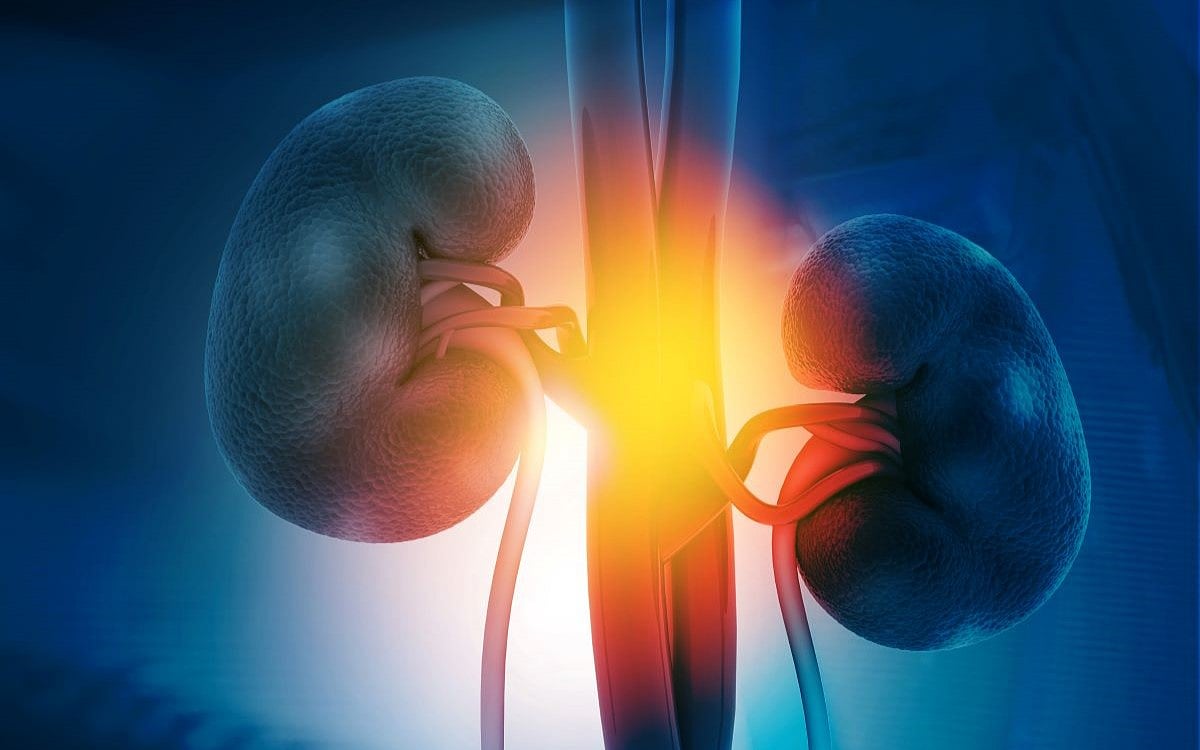
Ozempic, Wegovy, Saxenda, Trulicity: These and other GLP1-RA diabetes/weight-loss meds can also boost outcomes for folks battling chronic kidney disease, new research shows. Compared to another common class of kidney medications, called DPP4is, GLP1-RA medications did better in helping slow the progression of kidney disease, keeping kidney disease patients out of the hospital and helping… read on > read on >















.jpg)














